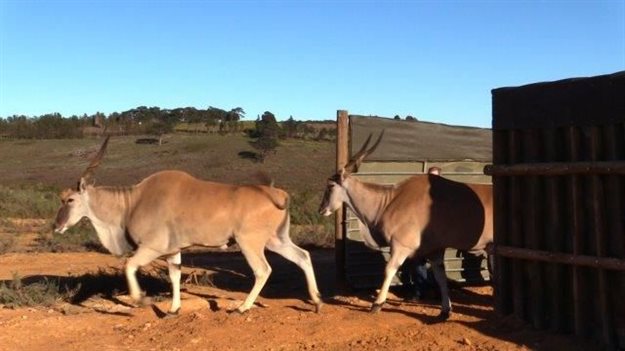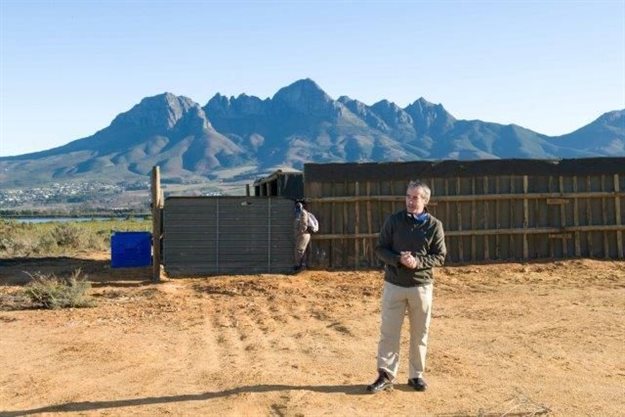
Top stories






More news


Marketing & Media
Ads are coming to AI. Does that really have to be such a bad thing?














“Gantouw is a word that is derived from the Koi language and means ‘the way of the eland’,” said Dr Anthony Roberts, CEO of CTEET. “This refers to a path that eland carved into the land over many years as they migrated back and forth from the Cape Flats over the Hottentots Holland Mountains.
“Urbanisation has resulted in fragmented ecosystems, many of which are collapsing. By introducing eland and allowing them to browse vegetation and prevent bush encroachment ‒ one of the main threats to the ecological health of these systems ‒ the characteristic diversity of the veld starts to return and the ecosystem functions more effectively.”
The impact of the eland on the Vergelegen veld will be monitored using drones and spectral imaging, as well as on-the-ground flora and fauna surveys. This will indicate the animals’ grazing preferences, their impact on flora and fauna, and estimations of veld carrying capacity.
The eland group comprises three cows and two neutered bulls, transported from Elandsberg, Wellington. The project will run for five years then be reviewed.

Vergelegen has provided a fenced 10 hectare camp near the hilltop wine cellar, secluded from its hospitality and management operations. CTEET has erected a boma in this camp to shelter the eland and estate management has undertaken to monitor their health. CTEET will conduct research to obtain baseline data as well as ongoing ecological monitoring, and will submit an annual report.
The first phase of the Gantouw Project focused on Cape Flats Dune Strandveld, which is endangered and only found on the lowlands of Cape Town. At Vergelegen, the eland will graze on various species of fynbos, including renosterbos, osteospermum, searsia, helichrysum, oxalis, various grasses and restios.

Much of the original vegetation at Vergelegen has revived since the estate management embarked on a privately-funded alien vegetation clearing project, according to Vergelegen MD Wayne Coetzer. Completed in 2018, the project has restored 2200 hectares of fynbos vegetation, while supporting job creation and skills development in local communities.
The eland research will form part of a PhD thesis by ecologist Petro Botha, the Gantouw Project manager.

The estate has a long history of collaborating with both local and international universities so that students and professionals can further their education through various projects at Vergelegen, said Coetzer. By end-2018 there had been 24 formal studies: seven undergraduate, eleven postgraduate and six PhD studies. Of these, 19 were from local institutions and five from international institutions.
“We are delighted to be able to play a part in this far-sighted project and look forward to seeing the research findings in due course,” said Coetzer. “We hope the knowledge gained at the estate will help to protect other precious natural habitats.”